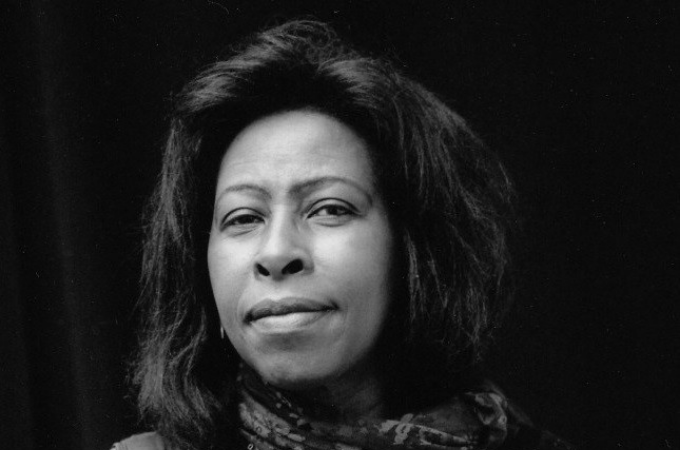 |
| French-Rwandan author Scholastique Muksonga |
Book Review
Our Lady of the Nile (2012)
by Scholastique Muksonga
The first I'd heard of French-Rwandan author Scholastique Muksonga was when her memoir, The Barefoot Woman, was named a finalist for the brand new National Book Award for Translated Literature. I enjoyed The Barefoot Woman, which is largely about the experience of Muksonga's mom in exile in the aftermath of the Rwandan genocide. The tragic events of 90's Rwandan genocide (majority Hutu's against minority Tutsi's) were merely the latest chapter of a century of Western interference in the Hutu/Tutsi/Pgymy tribal kingdoms of the central African lake district, with the French speaking Belgians preferring the "genetically superior" Tutsi's (taller, lighter skinned and with narrower noses) to the inferior Hutu's, supposedly smaller, darker and shorter.
If The Barefoot Woman captures the 'after,' Our Lady of the Nile is a portrait of the "before"- set at an African Catholic girl's school circa 1980. The student population is mostly Hutu, reflecting the transition from a colonial rule that favored the minority Tutsi to majority rule favoring the Hutu. At the beginning of the book, there is an uneasy truce, but with Tutsi's clearly on the road to persecution. There is much to enjoy here- the relationship between the school girls, their perspective on outside events and a subplot involving a French plantation owner convinced that the Tutsi's are the descendants of the Egyptian Pharaoh's.


 Instagram
Instagram
No comments:
Post a Comment